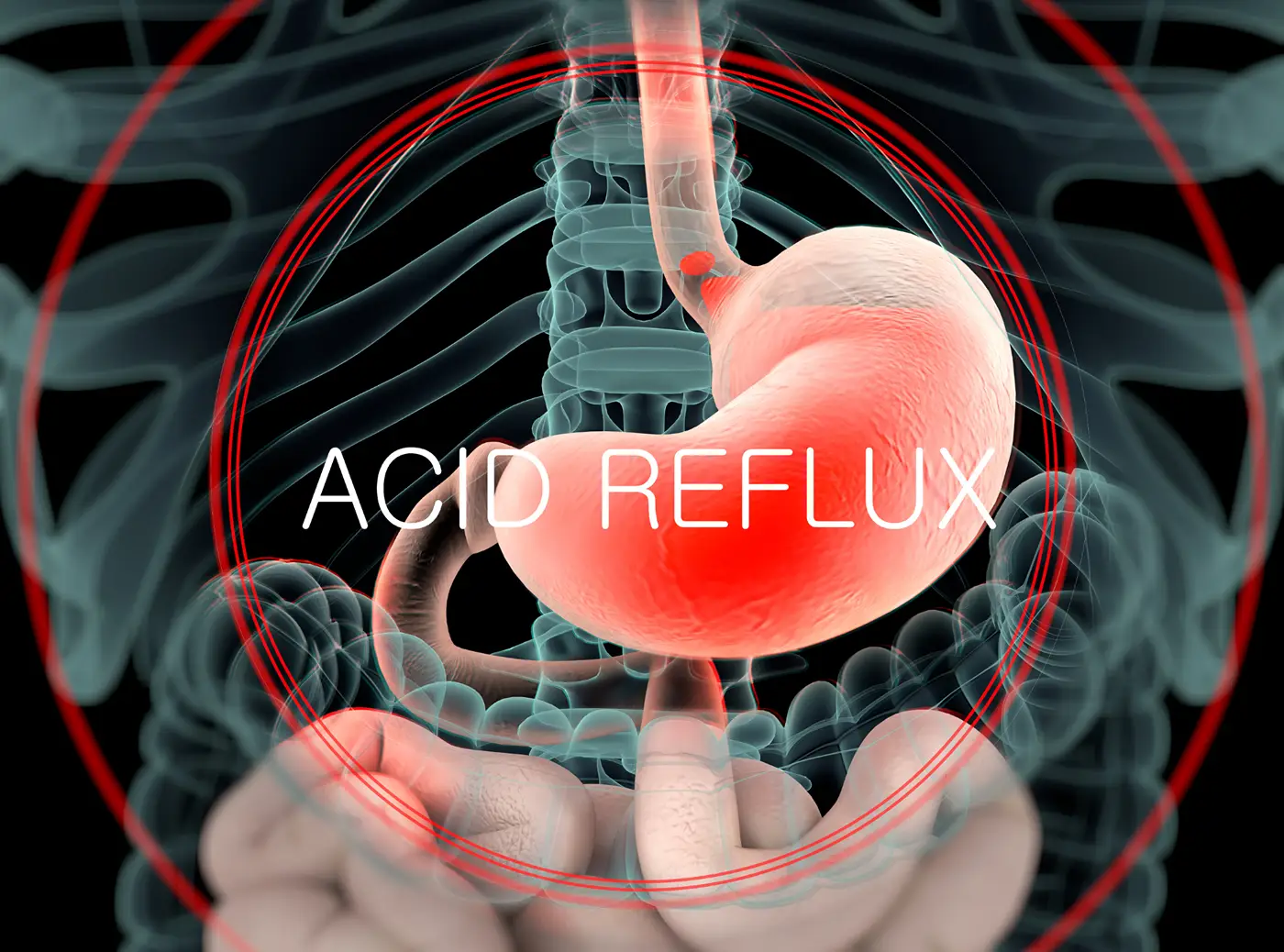
Stomach pain can arise from many conditions, but two common culprits are gastritis and GERD (gastroesophageal reflux disease). Both conditions share some symptoms but differ significantly in their causes, treatment, and long-term effects. At Pantai Hospital Ampang, we understand the importance of identifying the right cause to ensure effective treatment. Knowing the signs and symptoms of both gastritis vs. GERD can help you make an informed decision about your health. Many people are unaware that these conditions fall under a broader scope of digestive and kidney diseases, which highlights the importance of proper diagnosis.
Gastritis is the inflammation of the stomach’s protective lining, which can result from a variety of factors (Azer & Akhondi, 2023).
The most common cause is an infection caused by the bacterium Helicobacter pylori (H. pylori), but it can also be triggered by excessive alcohol consumption, certain medications like NSAIDs, or stress.
Gastritis can be acute or chronic, with symptoms including:

GERD, or gastroesophageal reflux disease, is a condition where stomach acid flows back into the oesophagus, causing irritation and inflammation. This acid reflux can lead to a range of symptoms that vary in severity. GERD is sometimes associated with structural issues such as a hiatal hernia, which can make reflux symptoms worse.
Unlike gastritis, GERD is typically associated with the malfunctioning of the lower esophageal sphincter (LES), which allows stomach acid to escape. Consuming fatty foods or overeating are recognised risk factors for developing reflux.
Key symptoms of GERD include:

Long-term or severe GERD can cause more serious complications, such as esophageal damage, and should not be left untreated. Seeking medical advice from experts at Pantai Hospital Ampang is crucial for managing this condition (Azer & Reddivari, 2021).
To accurately diagnose gastritis or GERD, healthcare professionals at Pantai Hospital Ampang may perform several diagnostic tests, including blood tests, endoscopy, or a 24-hour pH monitoring test. The right treatment plan depends heavily on an accurate diagnosis, ensuring that you receive the most effective approach. It is important to note that both conditions require lifestyle adjustments, such as changes in diet, medication, and stress management, to prevent further complications.
Both gastritis and GERD benefit from specific lifestyle changes that can ease symptoms and improve quality of life. For those with gastritis, reducing spicy or acidic foods, limiting alcohol, and managing stress can significantly reduce inflammation. In contrast, GERD patients are advised to avoid large meals, eat smaller portions more frequently, and avoid lying down immediately after eating. Medications such as proton pump inhibitors (PPIs) or antacids are often prescribed to control stomach acid, while for more severe cases, surgery may be an option. (NHS, 2023)
If you are experiencing persistent stomach pain, acid reflux, or discomfort, it’s time to consult a medical professional. Early intervention can prevent serious complications, ensuring better long-term health. Pantai Hospital Ampang offers expert care and comprehensive treatment for both gastritis and GERD. If you suspect you may be suffering from one of these conditions, register today for a consultation with one of our specialists.
Yes, lifestyle changes such as diet modification, stress management, and avoiding trigger foods can be effective for managing GERD. However, if symptoms persist, medications or other treatments may be necessary.
Heartburn is a symptom of GERD, but it can also occur without the presence of GERD. GERD involves regular acid reflux that causes persistent symptoms, while occasional heartburn might not indicate a chronic condition.
The treatment duration for gastritis can vary depending on its cause. If caused by H. pylori, treatment can take about two weeks with antibiotics and proton pump inhibitors. Chronic gastritis may require longer management.
Yes, the acid from GERD can wear away tooth enamel, leading to tooth sensitivity and decay. It is important to manage acid reflux to prevent damage to your teeth.
Surgery for GERD is usually considered a last resort when other treatments, such as medications and lifestyle changes, fail to provide relief. The most common surgical procedure for GERD is fundoplication, which strengthens the LES.
If you are experiencing persistent stomach pain, heartburn, or acid reflux, it is crucial to seek professional help to identify the underlying cause. At Pantai Hospital Ampang, our expert gastroenterologists are here to help you determine whether your discomfort is due to conditions like gastritis or GERD. Early diagnosis and treatment can prevent complications and improve your quality of life. Do not let digestive issues hold you back—contact us today or you may also book an appointment via our website or download the MyHealth360 application from the Google Play Store or Apple App Store.
Pantai Hospitals have been accredited by the Malaysian Society for Quality in Health (MSQH) for its commitment to patient safety and service quality. Do not let the condition progress.


